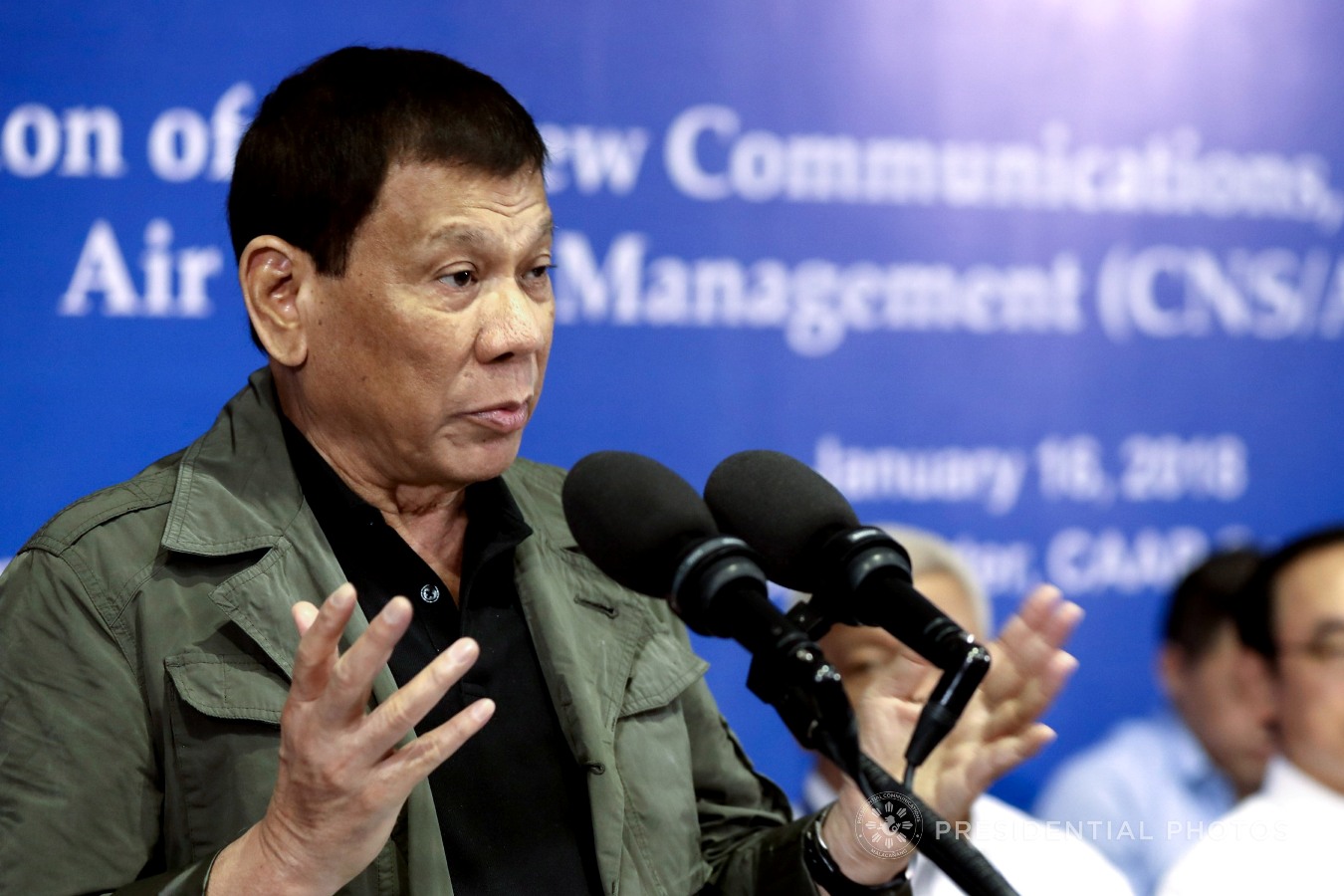News
Chartering our own destiny through federalism
MANILA — The push for a shift to a federal form of government has been gaining steam as a possible solution to the nation’s longstanding problems.
President Rodrigo Duterte, who had a stunning electoral victory, championed federalism, envisioning it as the key to bring “lasting peace, progress, and prosperity for all of our peoples.”
Under a federal government, power is divided between the central government and local state governments. Each state shall be empowered to handle their own laws, finances, development plans, health, education, and infrastructure, among others.
Currently, the Philippines is under a unitary form of government with power and authority vested in the so-called “imperial” Manila.
For Speaker Pantaleon Alvarez, a federal setup creates opportunities for local governments to manage their own economy and chart their own destiny.
“Now you create opportunities; now you create jobs; now you allow them to manage their own economy; now you give them the chance to chart their own destinies,” Alvarez said.
Equitable development
Alvarez said some regions, under a federal setup, may thrive using their strategic advantages in their natural resources.
He explained that giving these local government units power over their own resources could help boost regional development.
As for Minority Leader Danilo Suarez, he believes the shift to federalism enables for an equitable and widespread development in the country by sharing the power — political and economic — of the central government with the regional government or constituent political units.
“If we adopt the federal system of government, each state or regional government will be required to produce its own income.
Towns, cities, and provinces will not be welfare-dependent,” Suarez said.
Suarez highlighted that the provinces and regions can largely benefit from the richness of the Philippines’ natural resources.
Under the present system, natural resources such as minerals and agricultural products are considered national wealth and only a small percentage is given to the regional or provincial source.
“In a federal government, provinces and regions that are rich in natural resources can enjoy the entirety of the revenues they generate by supplying raw materials and producing goods out of these raw materials,” Suarez said.
Furthermore, Suarez noted that the LGUs will be entitled to revenues earned by high income generating sectors such as the business process outsourcing (BPO) and the remittances from overseas Filipino workers (OFWs).
He cited projection data from experts that the BPO sector will generate around USD40 billion in revenues, with a 9 percent growth yearly; while OFW remittances may generate USD66.7 billion, with a 7 percent growth annually.
“The Minority believes that the time is right to adopt a new system of government that would take advantage of the currently favorable economic condition of our country,” Suarez said.
“Federalism will catalyze progress in all the geographic areas of our country by allowing them to be more self-determining, and less dependent on the national government,” he added.
The ‘five states’
Based on the proposals submitted by the House constitutional amendments committee, the territory of the future Federal Republic of the Philippines will be divided into five states composed of Luzon, Visayas, Mindanao, Bangsamoro, and Metro Manila.
Under the proposal, each state shall have its own State Constitution, adopt its name, and choose a capital, flag, anthem, and seal.
Each state shall have a unicameral state assembly with legislative powers, and a premiere exercising executive powers.
State governments shall be entitled to at least 50 percent in the proceeds of the utilization and development of the national wealth including sharing the same with the inhabitants by way of direct benefits.
The proposed federal charter retains the position of the President, who would act as head of state, and introduces the position of a Prime Minister, who would be the head of the government.
The President shall be elected by direct vote of the people for a term of five years with one re-election, while the Prime Minister shall be elected by a majority of all the members of the Parliament from among themselves.
The proposed Parliament shall consist of the Federal Assembly as the national legislative department, and the Senate, as the legislative body representative of the regions.
The bicameral parliament shall be composed of a 300-member Federal Assembly and a 15-member Senate, with each state electing three senators.
Eighty percent of the members of the Federal Assembly shall be elected by plurality votes with each legislative district having one seat in the parliament.
The remaining 20 percent of the members of the assembly shall come from federal sectoral parties or organizations which shall be elected at large. (PNA)






















